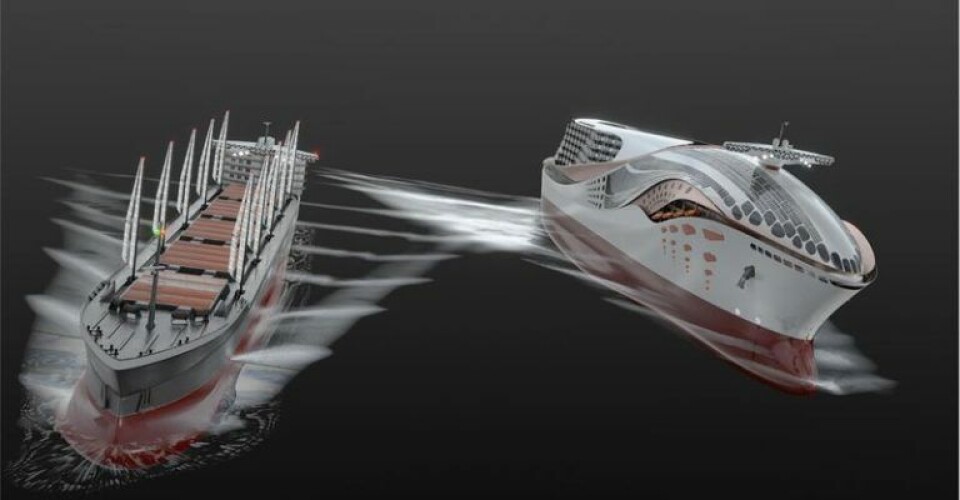Wärtsilä participates in Project CHEK

The EU funded project is aimed at limiting the environmental impact of shipping.
By Vikram Malik, Maritime Direct India Correspondent
Finnish smart technologies company Wärtsilä is participating in a group led by the University of Vaasa in Finland which aims to bring down the overall environmental impact of shipping. Project CHEK or ‘deCarbonising sHipping by Enabling Key technology symbiosis on real vessel concept designs’ as it is referred to, has received a grant of EUR 10 million from the EU.
Besides Wärtsilä and the University of Vaasa, others in the consortium include Cargill Ocean Transportation, Lloyds Register, World Maritime University, Deltamarin, Climeon, BAR Technologies, Hasytec Electronics, Silverstream Technologies, and MSC Cruises.
CHEK project aims to lower shipping emissions by integrating the use of low-carbon forms of energy and technologies. Instances include wind energy, air lubrication, hydrogen fuel, heat recovery, electric batteries, as well as a novel anti-fouling expertise. CHEK includes conceptual efforts towards redesigning and operating ships as well.
Definitive, Demonstrable Goals
CHEK has clear, demonstrable objectives which will be showcased on two concept vessels that it will design – a cruise ship running on Wärtsilä’s proprietary hydrogen fuel-powered engine, and a bulk carrier that will use sails to obtain wind power.
It is expected that with the help of these innovative technologies, energy usage can be cut down by half. Alongside, greenhouse gas emissions can be cut down by as much as 99 percent. Black carbon emissions can also be brought down by more than 95 percent.
Frontline technologies enabling these objectives will be demonstrated on real, functional ships.
Commenting on the project, Jonas Åkerman, Director of Research and Technology Development at Wärtsilä, said “CHEK represents another significant step in Wärtsilä’s commitment and efforts to decarbonise marine operations.”
He also added, “There is no silver bullet to meeting the challenge of combating climate change, you need to exploit a number of parallel paths, and that’s exactly what we are doing together with our partners here. What makes the project so exciting is that we are stretching what can be done.”










